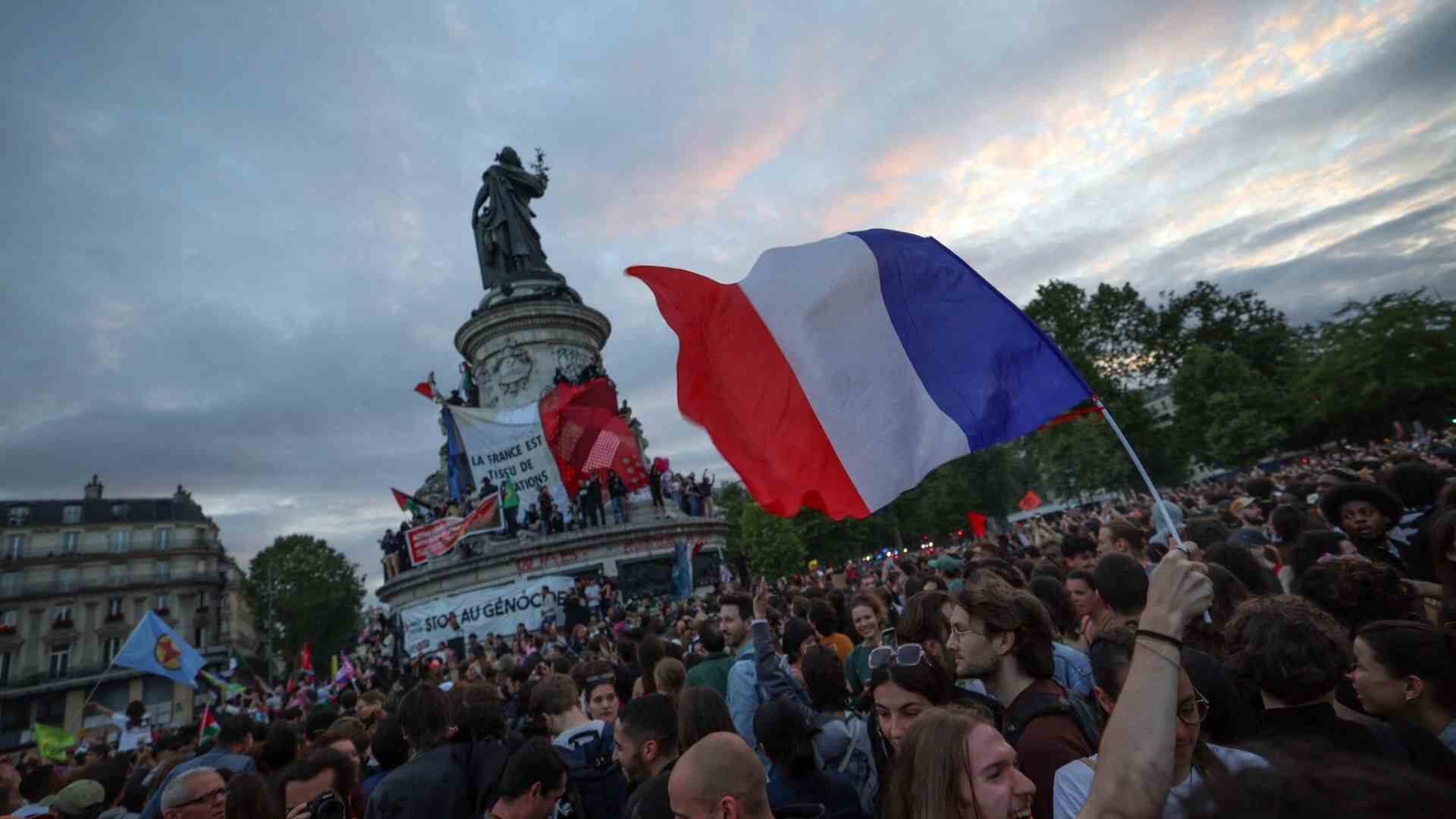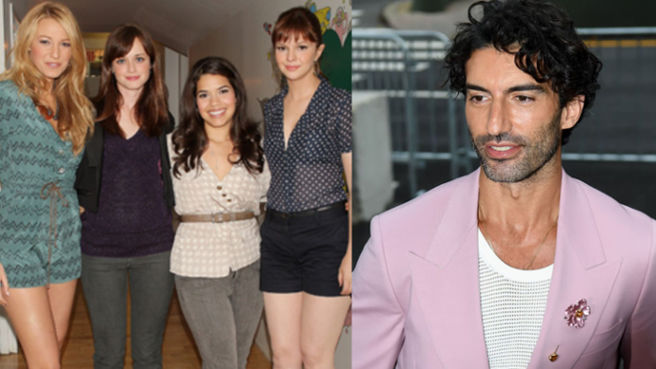The second round of France’s parliamentary elections concluded on Sunday, marking a surprising victory for the New Popular Front (NPF), a coalition of left-wing parties. The results have introduced a fresh wave of political uncertainty as no party secured an absolute majority.
Election Results
According to preliminary results, the NPF is expected to hold 182 seats in the 577-seat National Assembly. President Emmanuel Macron’s centrist Together coalition will have 163 seats, while Marine Le Pen’s far-right National Rally (RN) and its allies, initially predicted to gain a majority, secured 143 seats.
Formation of the NPF
The NPF, a coalition formed in response to Macron’s call for a snap parliamentary election, comprises the far-left France Unbowed party (LFI), the Socialist Party, the Ecologist party, the French Communist Party, Place Publique, and other smaller parties. Initially, the NPF came in second in the first round of voting with 28% of the votes, behind the National Rally’s 33%, and ahead of Macron’s coalition, which garnered 21%.
Leadership and Internal Dynamics
Jean-Luc Mélenchon, leader of the France Unbowed party, is considered the most prominent figure within the NPF, though he remains a divisive choice for the role of prime minister. Alternatives include Raphaël Glucksmann, leader of Place Publique, and Green Party leader Marine Tondelier, both of whom have significant influence within the coalition.
Policy Agenda
The NPF’s policies are heavily influenced by the hard-left LFI. Key proposals include reversing Macron’s pension reforms to lower the retirement age to 60, raising the minimum monthly wage to 1,600 euros, and capping prices on essential goods. Additionally, the NPF aims to achieve carbon neutrality by 2050 and reform the EU’s agriculture policy. On the international front, the NPF advocates for an immediate ceasefire in Gaza, recognition of the state of Palestine, continued support for Ukraine against Russian aggression, and defending Ukrainian sovereignty.
Future Prospects
Without securing the majority mark of 289 seats, the NPF will need to seek alliances with other parties, including Macron’s centrist allies, to form a government. This could lead to a political stalemate as the National Assembly organizes itself. President Macron has yet to decide on the appointment of a new prime minister, with current Prime Minister Gabriel Attal offering his resignation in light of the election results.
The coming weeks will be crucial as France navigates this political uncertainty, with the impending 2024 Paris Olympics adding further urgency to the need for a stable government.







